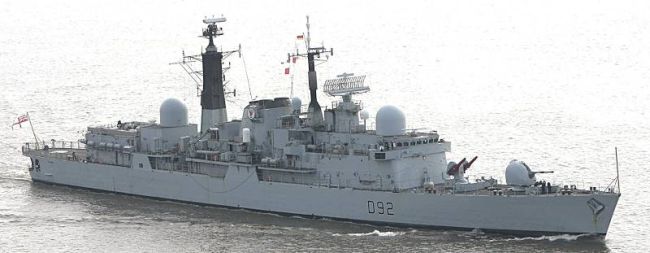WASHINGTON, April 14, 2011 — The Pentagon’s top acquisitions official yesterday asked Congress to help set up a funding system so the Defense Department can more quickly meet deployed warfighters’ most urgent requests.
Ashton B. Carter, undersecretary of defense for acquisitions, technology and logistics, thanked the House Appropriations Committee’s defense subcommittee for recently approving two department requests to reprogram appropriated funds so defense officials could quickly field requests from deployed units.
“I want you to know that I have been working hard to ensure that funds approved for transfer are being put to work immediately to get urgently needed equipment to the field,” Carter said in prepared testimony. “Upon your approval of the last reprogramming request, my team went to work to energize the entire acquisition system from contracting to training to fielding, getting the funds released promptly, [and] making these programs the highest priority.”
Carter said he meets almost daily with his team that coordinates urgent operational needs and ensures that every defense organization understands the urgency and the authorities provided to execute the response.
“As in any military operation, such unity of effort is a prerequisite for achieving the mission – in this case, the mission of rapid fielding,” he said.
The process of defense officials asking Congress to reprogram funds earmarked for other areas to pay for urgent operational needs is one of the department’s primary means of meeting urgent warfighter requests, Carter said. “But it is not ideal,” he added.
“We have largely succeeded in identifying and moving billions [of dollars] within acquisition and other accounts to respond to [urgent warfighter needs],” he said, “but significant delay can occur in identifying a source of funds.”
The tight fiscal climate and operating under continuing resolutions have made it increasingly difficult to find extra money, even for urgent needs, the undersecretary said.
“The department would like to work with you to identify better mechanisms,” he told the panel, noting that the fiscal 2012 budget request – as it has in previous years – included creation of a joint urgent operational needs response fund. The budget request included $200 million to start the fund, which would be equally divided between the department’s base and overseas contingency operations budgets, he said.
“Although this amount is small relative to what we have routinely expended responding to [urgent needs], the value of the fund is that execution can begin before the full reprogramming process is complete,” he said. “This can save months, and thus save lives and ensure mission success.”
Source:
U.S. Department of Defense
Office of the Assistant Secretary of Defense (Public Affairs)

 von
von 
